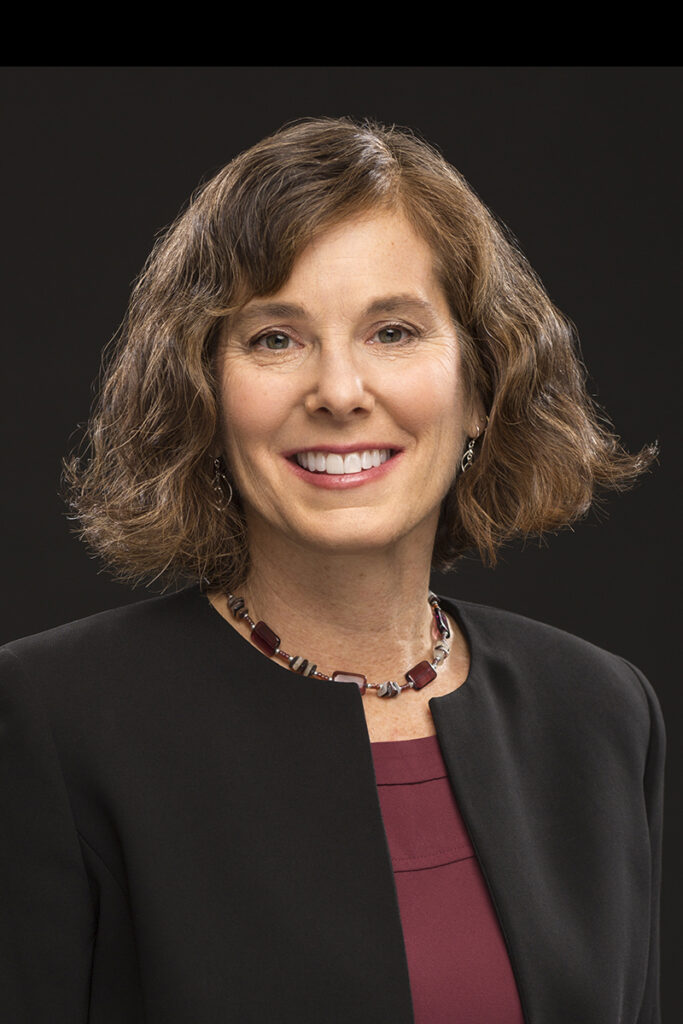The Penn Forum for Women Faculty & Gender Equity
Welcome from the Chair
The Penn Forum for Women Faculty and Gender Equity (PFWFGE) was created in 2009 with funding from the Provost’s Office. The mission of PFWFGE is to build an inclusive community of women, gender nonconforming, nonbinary, and trans scholars and their allies that enriches the University through advocacy, professional development, networking, and community connections.
It is a great honor for me to serve as this year’s Chair of PFWFGE. My name is Janine Remillard, and I am a Professor in the Graduate School of Education, where I Chair the Learning, Teaching, and Literacies Division. We have a lot of exciting programming planned for this academic year, and I hope you will be able join us at our upcoming events. We welcome you to reach out to us with your ideas for programming and advocacy.
Thank you so much for visiting our website today. Here you can find information about our organization, details about our upcoming and past events, and links to helpful resources at Penn.
We look forward to our future collaborations with you.
Janine Remillard
PFWFGE Chair
